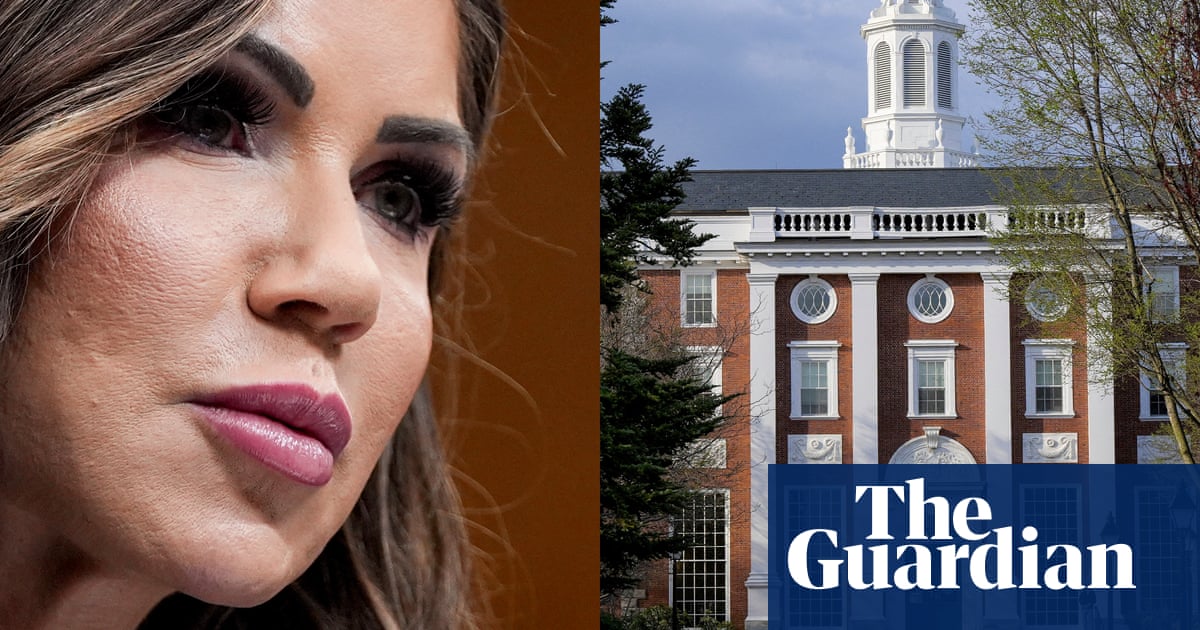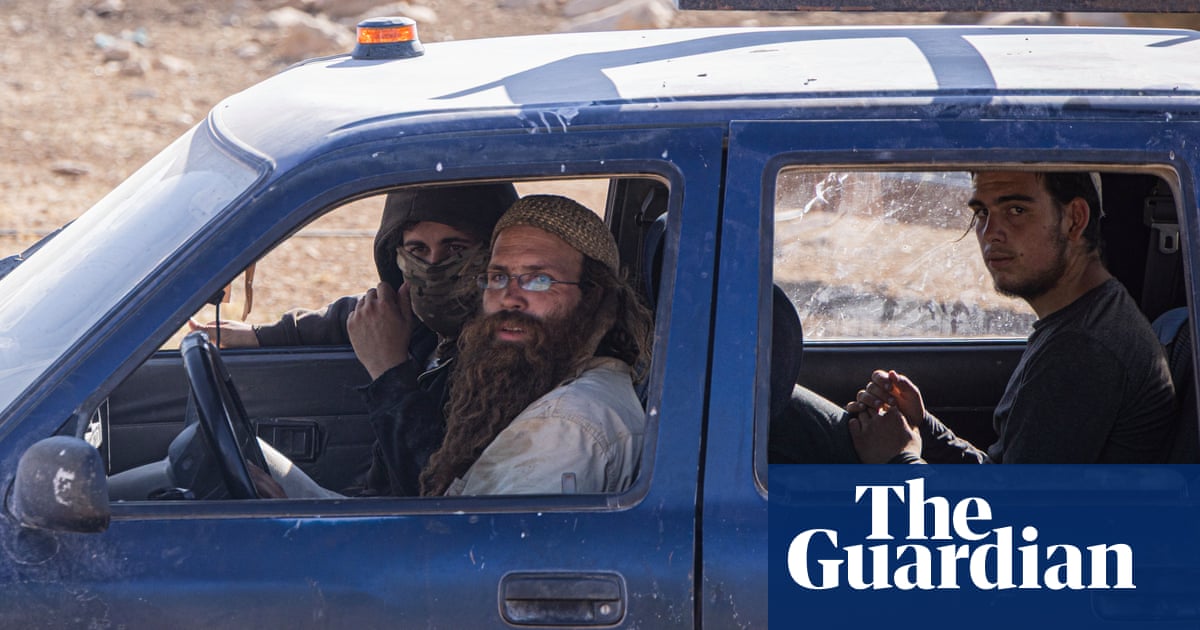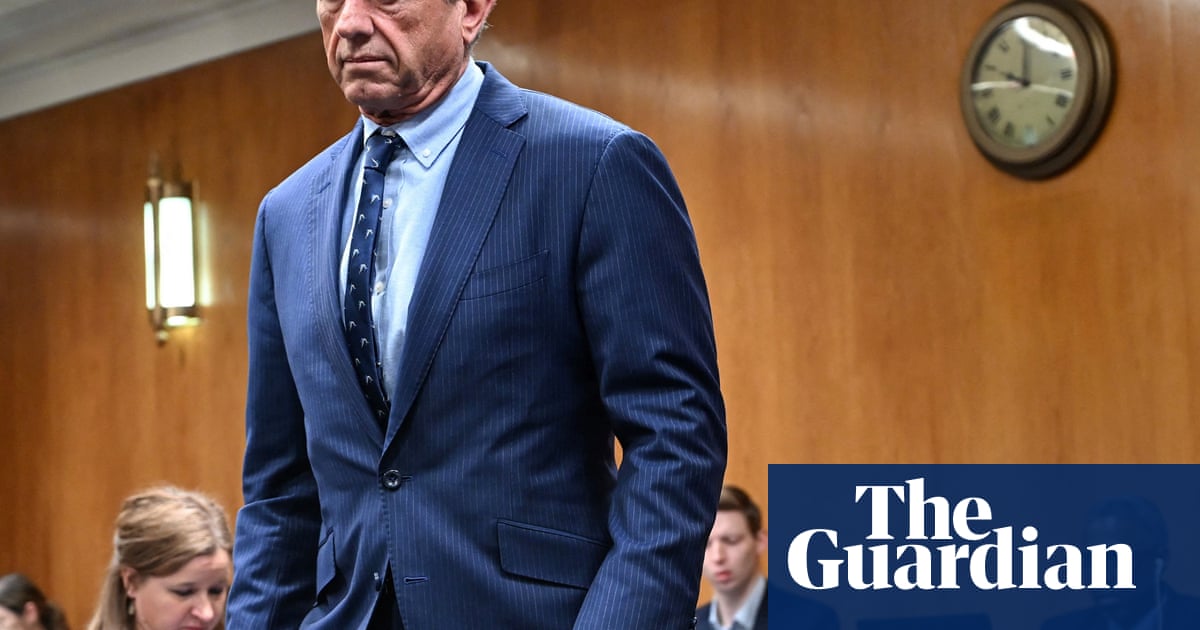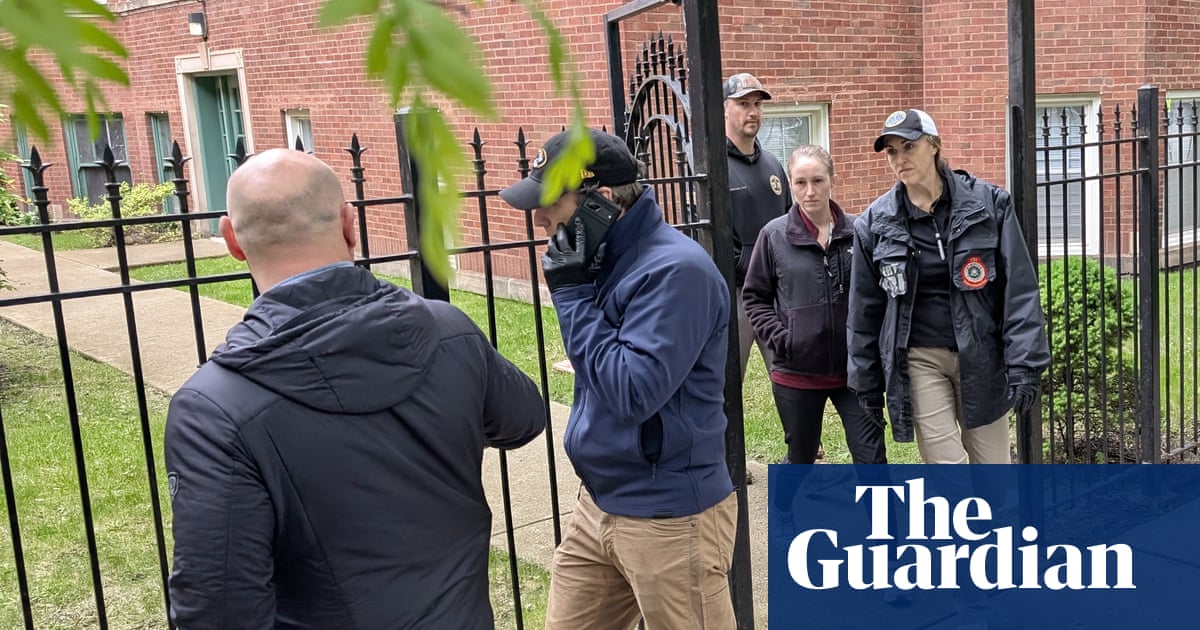The US supreme court on Thursday blocked an attempt led by two Catholic dioceses to establish in Oklahoma the nation’s first taxpayer-funded religious charter school in a major case involving religious rights in American education that challenged the constitutional separation of church and state.
The 4-4 ruling left intact a lower court’s decision that blocked the establishment of St Isidore of Seville Catholic virtual school. The lower court found that the proposed school would violate the US constitution’s first amendment limits on government involvement in religion.
The conservative justice Amy Coney Barrett recused herself from the case, leaving eight justices rather than the full slate of nine to decide the outcome. Barrett is a former professor at Notre Dame Law School, which represents the school’s organizers.
When the supreme court is evenly divided, the lower court’s decision stands. The justices did not provide a rationale for their action in the unsigned ruling. It was not disclosed how each member of the bench voted, though it is likely that the three liberal-leaning justices favored upholding the block and if that was indeed the case it poses the intriguing question of which conservative-leaning justice joined them.
Parties in favor of religious charter schools can be expected to try to bring another case that will wind its way to the supreme court but not cause Barrett to recuse herself, probably in hopes that as a religious conservative she would support public funding of religious charter schools.
Set up as alternatives to traditional public schools, charter schools typically operate under private management and often feature small class sizes, innovative teaching styles or a particular academic focus. Charter schools are considered public schools under Oklahoma law and draw funding from the state government.
St Isidore, planned as a joint effort by the Catholic Archdiocese of Oklahoma City and Diocese of Tulsa, would offer virtual learning from kindergarten through high school. Its plan to integrate religion into its curriculum would make it the first religious charter school in the United States. The proposed school has never been operational amid legal challenges to its establishment.
The Oklahoma Democratic state representative Mickey Dollens wrote in a post on X that Thursday’s decision represented a “significant win for religious freedom”.
The Committee on Education and Workforce Democrats, a group of lawmakers in the House of Representatives, wrote in a post: “Public charter schools, just like other public schools, must abide by the constitution. In a victory for the separation of church and state, today’s decision means that taxpayer dollars cannot be used to fund religious charter schools.”
And the Freedom from Religion Foundation, a non-profit that works to keep the separation of church and state, said it was “glad” about the decision but said in an X post that “the fight isn’t over”.
“The forces trying to undermine our public schools and constitutional freedoms are already regrouping,” the post said. “FFRF will continue to defend secular education and the rights of all Americans to be free from government-imposed religion.”
The Alliance Defending Freedom, the conservative legal advocacy group that defended the initial approval of St Isidore, expressed disappointment at the decision.
Chief legal counsel Jim Campbell said in a statement: “Oklahoma parents and children are better off with more educational choices, not fewer. While the supreme court’s order is disappointing for educational freedom, the 4-4 decision does not set precedent, allowing the court to revisit this issue in the future.”
The case explored the tension between the two religion clauses of the US constitution’s first amendment. Its “establishment clause” prohibits the government from establishing or endorsing any particular religion or promoting religion over non-religion. Its “free exercise” clause protects the right to practice one’s religion freely, without government interference.
Oklahoma’s Republican attorney general, Gentner Drummond, sued in October 2023 to block St Isidore in a legal action filed at the Oklahoma supreme court, saying he was duty bound to “prevent the type of state-funded religion that Oklahoma’s constitutional framers and the founders of our country sought to prevent”. Oklahoma’s Republican governor, Kevin Stitt, backed the proposed school, as did Donald Trump’s administration.
Opponents have said religious charter schools would force taxpayers to support religious indoctrination. Establishing them also could undermine non-discrimination principles, they argued, because religious charter schools might seek to bar employees who do not adhere to doctrinal teachings.
Organizers estimated in 2023 that St Isidore would cost Oklahoma taxpayers up to $25.7m over its first five years in operation.
The Oklahoma charter school board in June 2023 approved the plan to create St Isidore in a 3-2 vote.
Oklahoma’s top court in a 6-2 ruling last year blocked the school. It classified St Isidore as a “governmental entity” that would act as “a surrogate of the state in providing free public education as any other state-sponsored charter school”.
That court decided that the proposal ran afoul of the establishment clause. The first amendment generally constrains the government but not private entities.
St Isidore, the court wrote, would “require students to spend time in religious instruction and activities, as well as permit state spending in direct support of the religious curriculum and activities within St Isidore – all in violation of the establishment clause”.
School board officials and St Isidore argued that the Oklahoma court erred by deeming St Isidore an arm of the government rather than a private organization. They argued that the government had not delegated a state duty to St Isidore merely by contracting with it, and that the school would function largely independently of the government.
They also argued that Oklahoma’s refusal to establish St Isidore as a charter school solely because it is religious is discrimination under the first amendment’s free exercise clause.
Thursday’s decision was something of a surprise, as the supreme court has recognized broader religious rights in a series of rulings in recent years.
Reuters contributed reporting

 5 hours ago
3
5 hours ago
3

















































